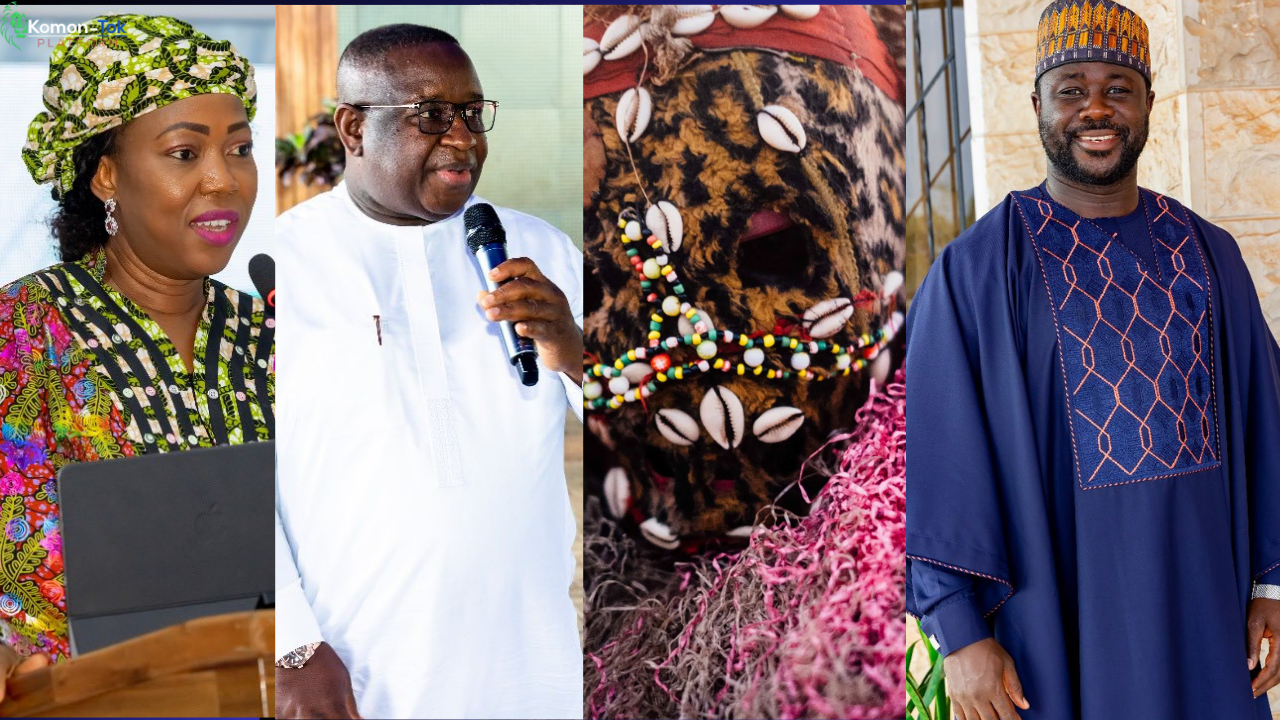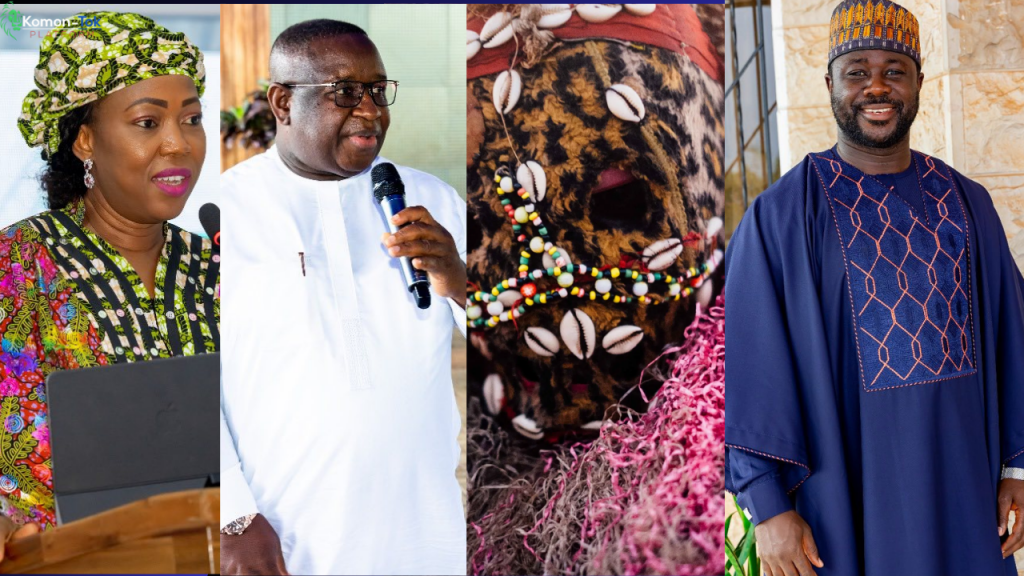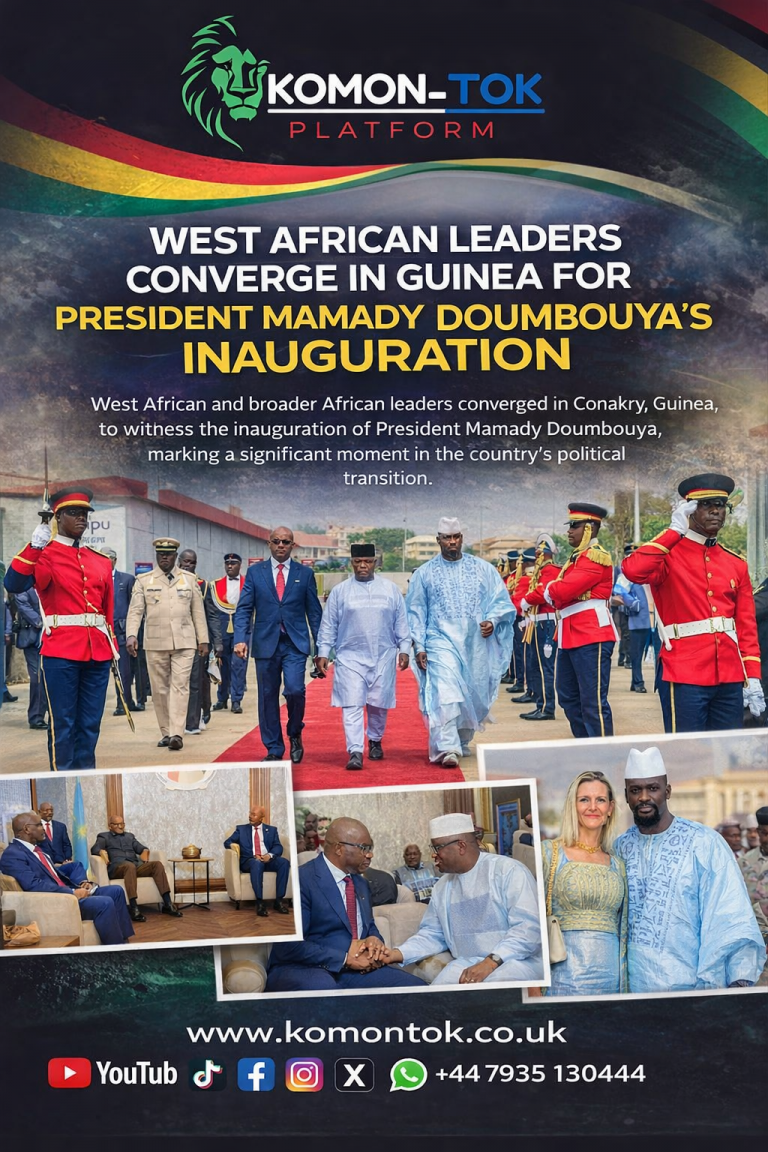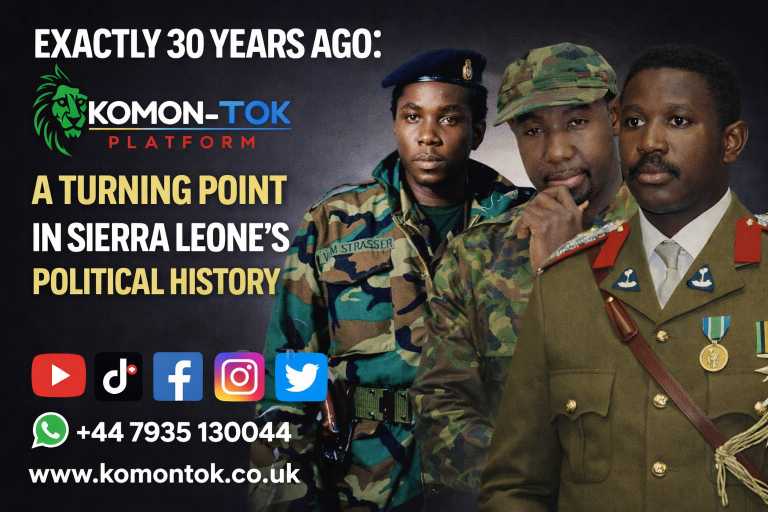
A bombshell audio tape allegedly capturing Sierra Leone’s First Lady, Fatima Bio, engaging in what appears to be ritualistic or secret cultic dialogue has sent shockwaves across the nation and ignited fierce public debate. The tape, which surfaced online under murky circumstances, has not been independently verified, but its contents are already fueling widespread speculation about hidden power dynamics at the heart of State House.
In the recording, a female voice—believed by some to be that of the First Lady—is heard making cryptic references to spiritual pacts, loyalty oaths, and protection through “sacred” means. Some interpret it as evidence of a deeper, possibly occult, network of influence. Others caution that the recording could be edited, taken out of context, or even part of a coordinated smear campaign amid rising political tension.

So, what is this all about?
To critics, the tape reinforces long-held suspicions of a hidden hand guiding state affairs—one that blurs the lines between political leadership, spiritual allegiance, and traditional beliefs. They point to a growing trend where politics and mysticism intermingle dangerously, eroding public trust.
However, defenders of the First Lady argue that the uproar is politically motivated. They claim the timing of the leak—coming as pressure mounts on the presidency—is too convenient to be coincidence. Some question whether the voice is even authentic, or whether the alleged “ritual language” is being misrepresented by cultural outsiders or political opponents.
At the center of the scandal is a larger question: are Sierra Leone’s top officials bound by secret allegiances that go beyond the Constitution? And if so, what does that mean for democracy, accountability, and national sovereignty?
Until the tape is properly authenticated or denied, one thing is clear. This scandal has cracked open a sensitive and potentially dangerous conversation about power, belief, and secrecy at the highest levels of government.






